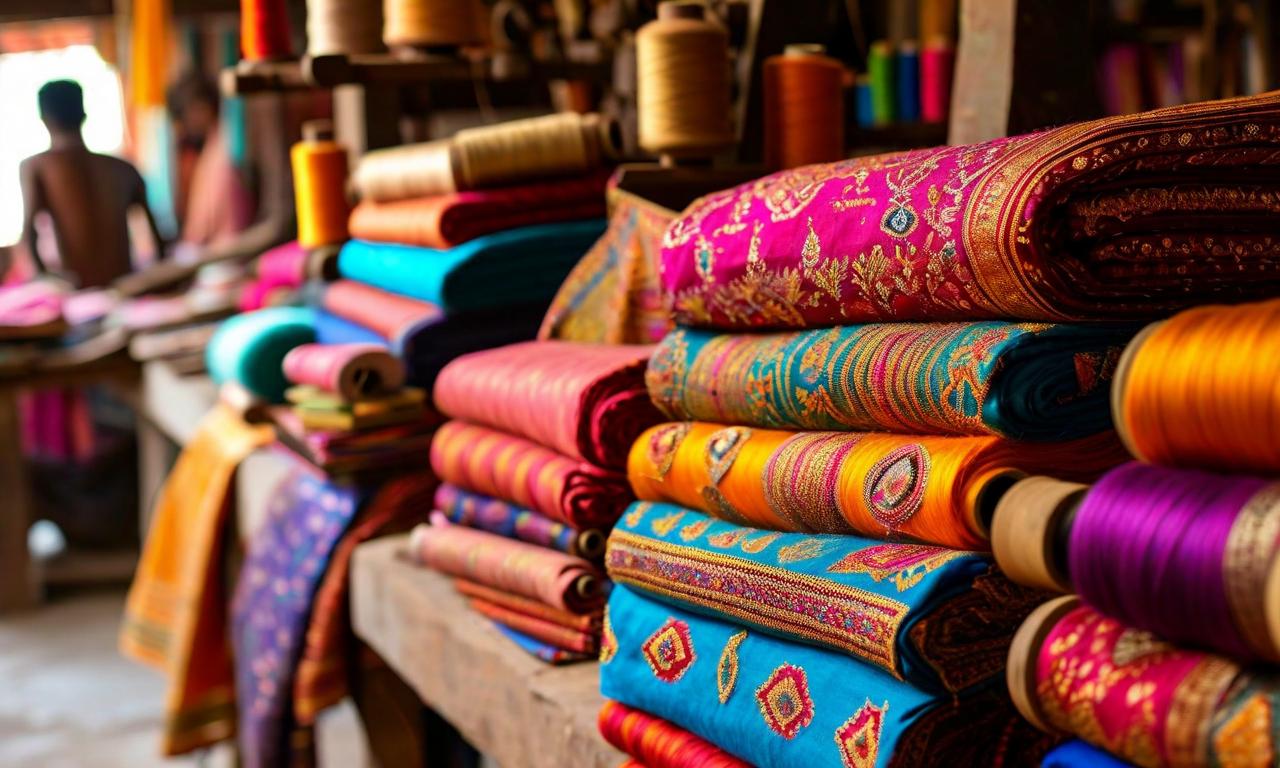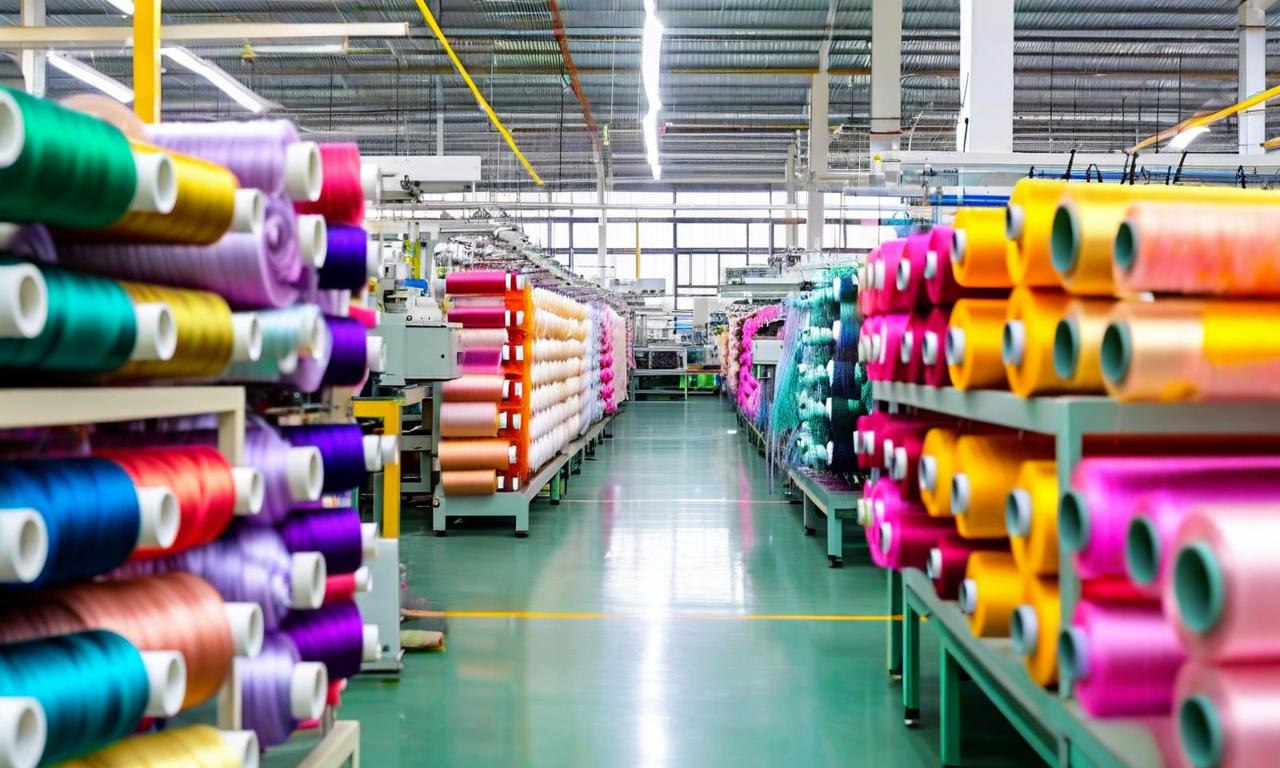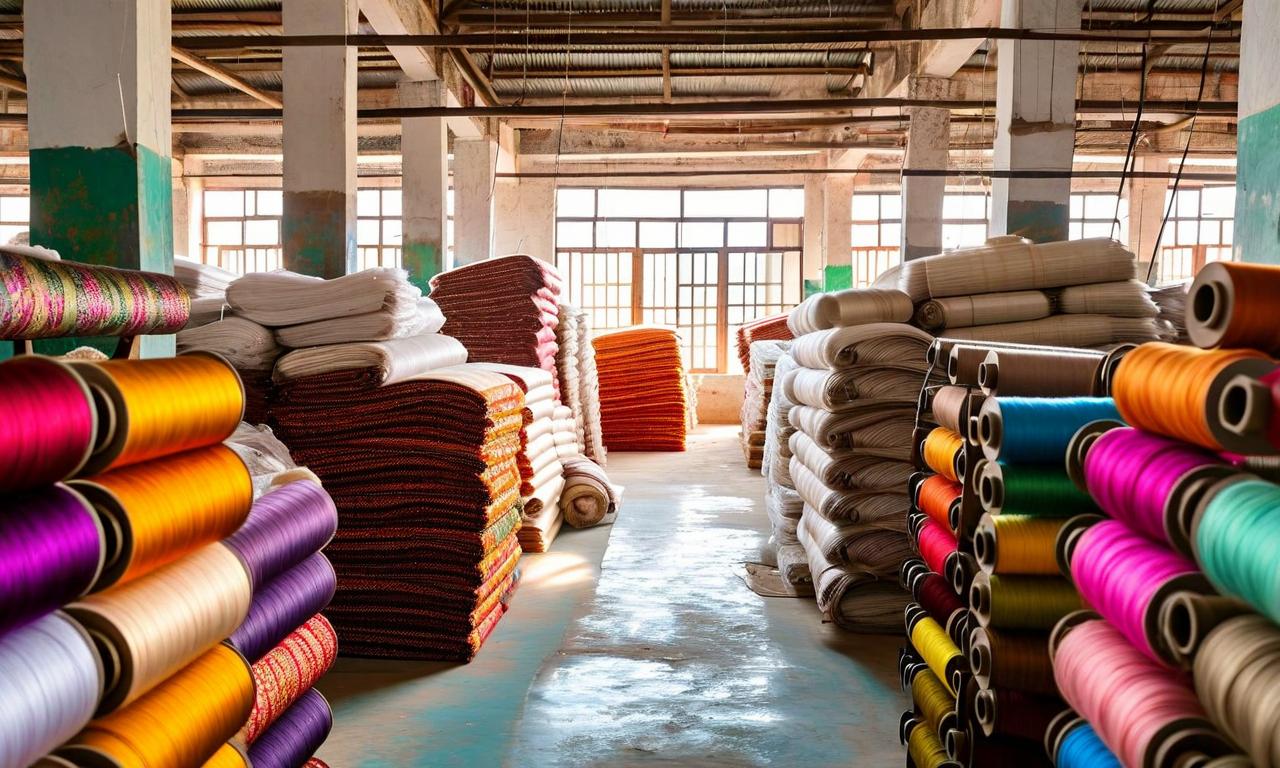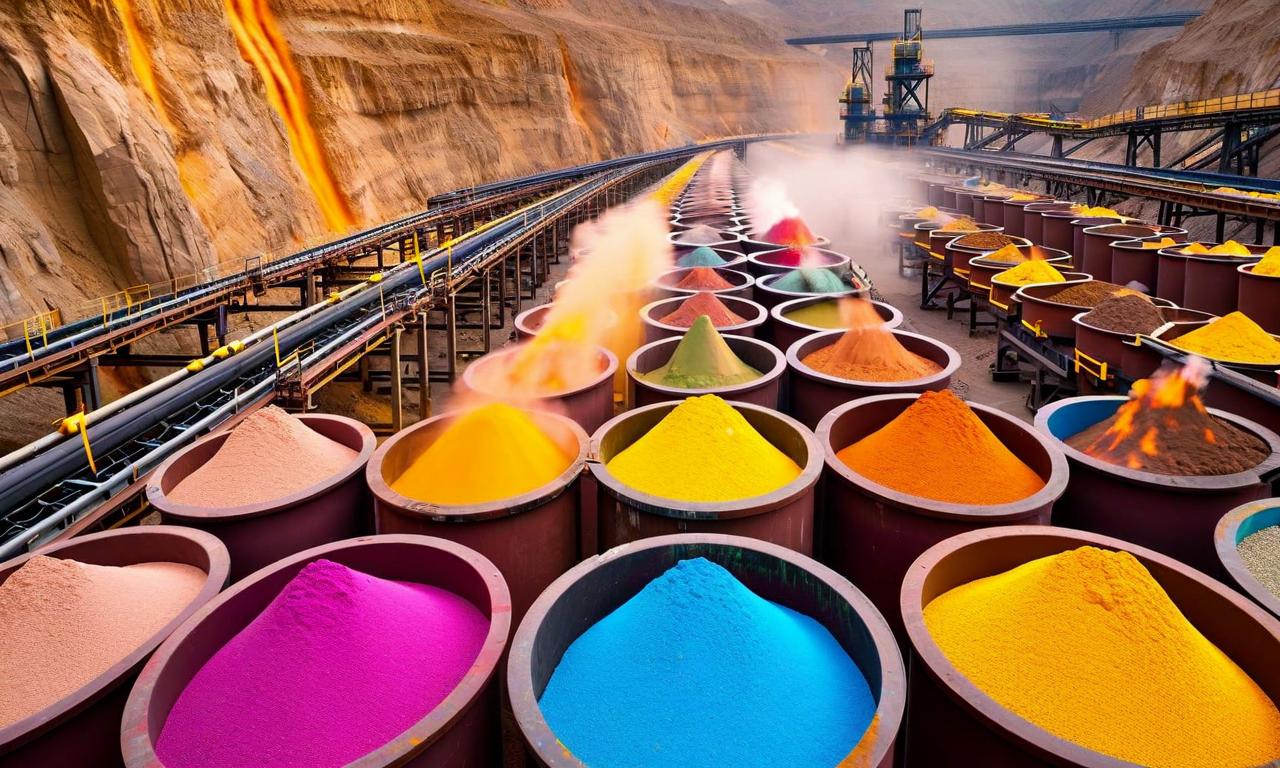Finance Minister Addresses Textile Industry's US Tariff Concerns in Chennai Meeting
Finance Minister Nirmala Sitharaman met with textile industry representatives in Chennai to discuss economic challenges, particularly the impact of a 50% US tariff on Indian textile imports. Tamil Nadu CM M K Stalin highlighted that exports worth Rs 3,000 crore from Tiruppur are at risk, threatening thousands of jobs. Calls for government intervention include demands for relief measures and structural reforms. The meeting serves as a platform for industry-government dialogue to address the tariff impact.

*this image is generated using AI for illustrative purposes only.
Union Finance Minister Nirmala Sitharaman recently convened a crucial meeting with textile industry representatives in Chennai to discuss the economic challenges facing the sector, with a particular focus on the impact of US tariffs.
US Tariff Hike and Its Impact
The meeting addressed growing concerns over the United States' imposition of a 50% tariff on textile imports from India. This significant tariff increase has sent shockwaves through the Indian textile industry, particularly affecting exporters in Tamil Nadu.
Tamil Nadu's Textile Exports at Risk
Tamil Nadu Chief Minister M K Stalin highlighted the severe impact of the US tariff hike on the state's exports. According to Stalin, the tariff increase has put approximately Rs 3,000.00 crore worth of exports from Tiruppur at risk. This major setback to the textile hub threatens thousands of jobs in the region.
Calls for Government Intervention
In light of these challenges, there have been strong appeals for government support:
- Relief Package: Chief Minister Stalin has demanded relief measures from the Union Government to protect the affected industries and workers.
- Structural Reforms: Stalin has also called for structural reform packages to address the long-term sustainability of the textile sector.
- MP Kamal Haasan's Appeal: Member of Parliament Kamal Haasan has urged both the central and state governments to provide immediate relief to Indian exporters grappling with the tariff hike.
Industry-Government Dialogue
The meeting led by Finance Minister Sitharaman demonstrates the government's recognition of the textile industry's concerns. It serves as a platform for industry representatives to directly communicate their challenges and propose potential solutions to mitigate the impact of the US tariffs.
As the situation unfolds, the textile industry awaits concrete measures from both the central and state governments to navigate through these challenging times and safeguard the interests of exporters and workers alike.



























